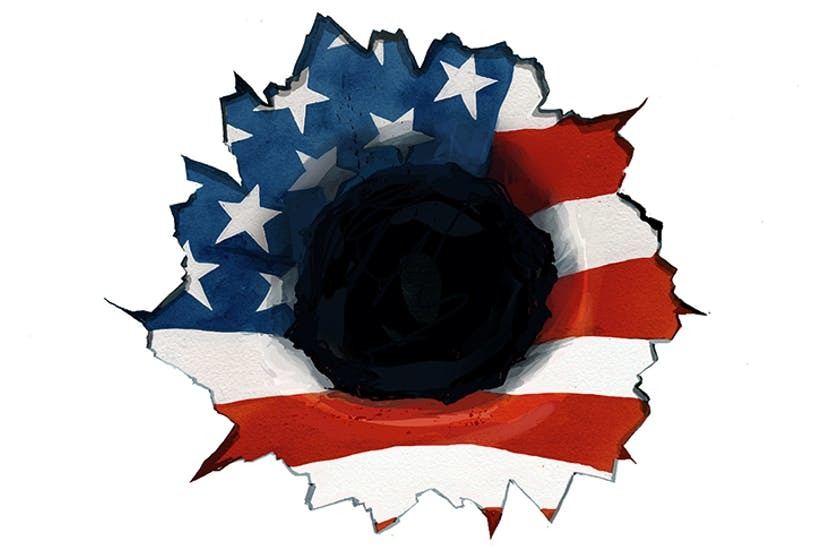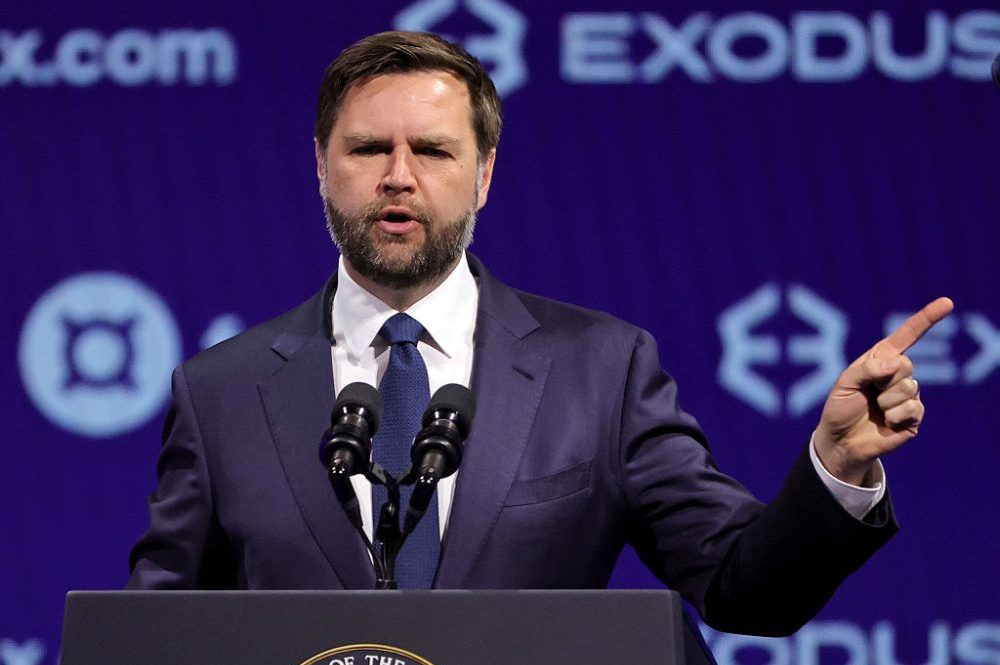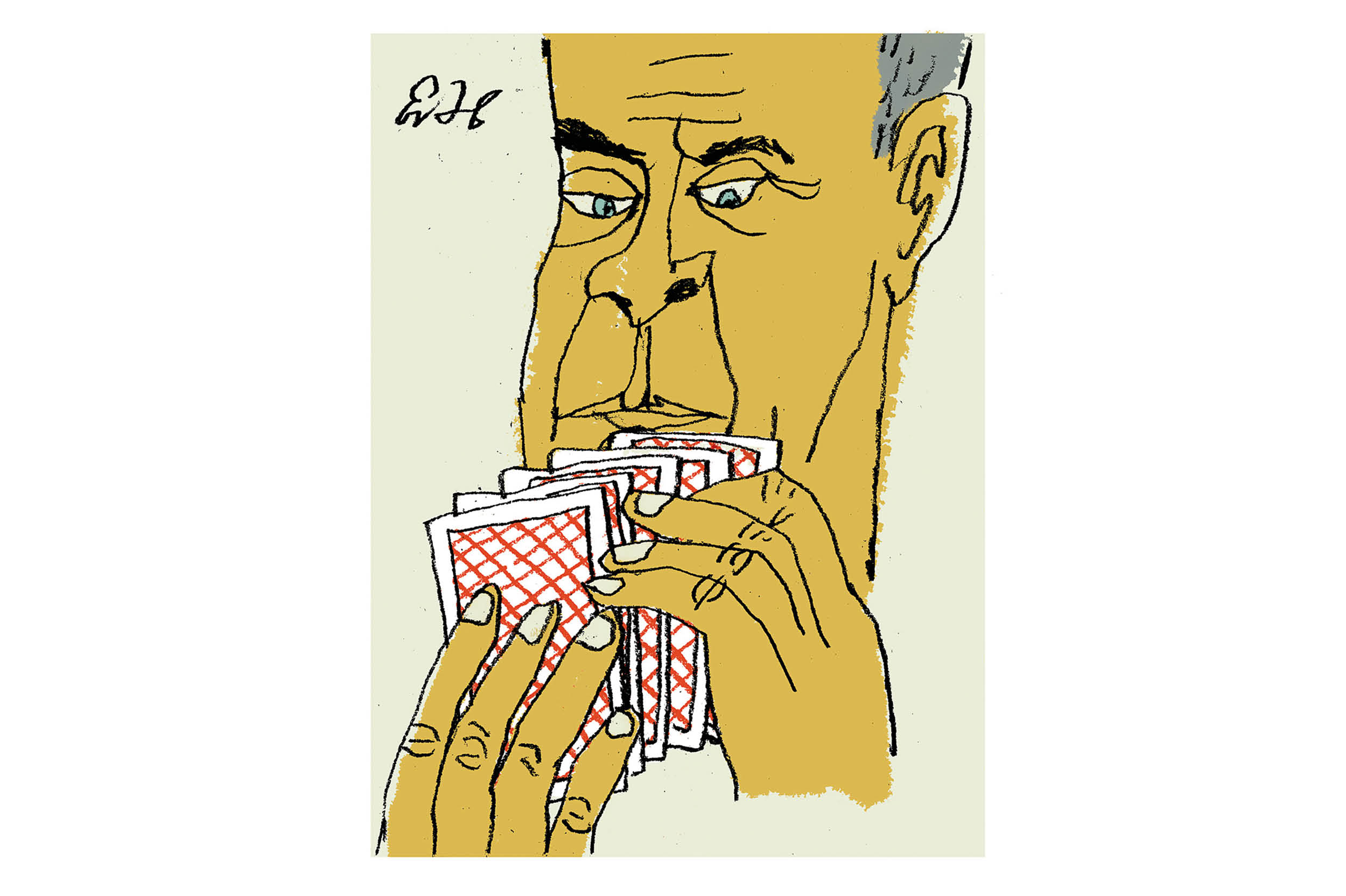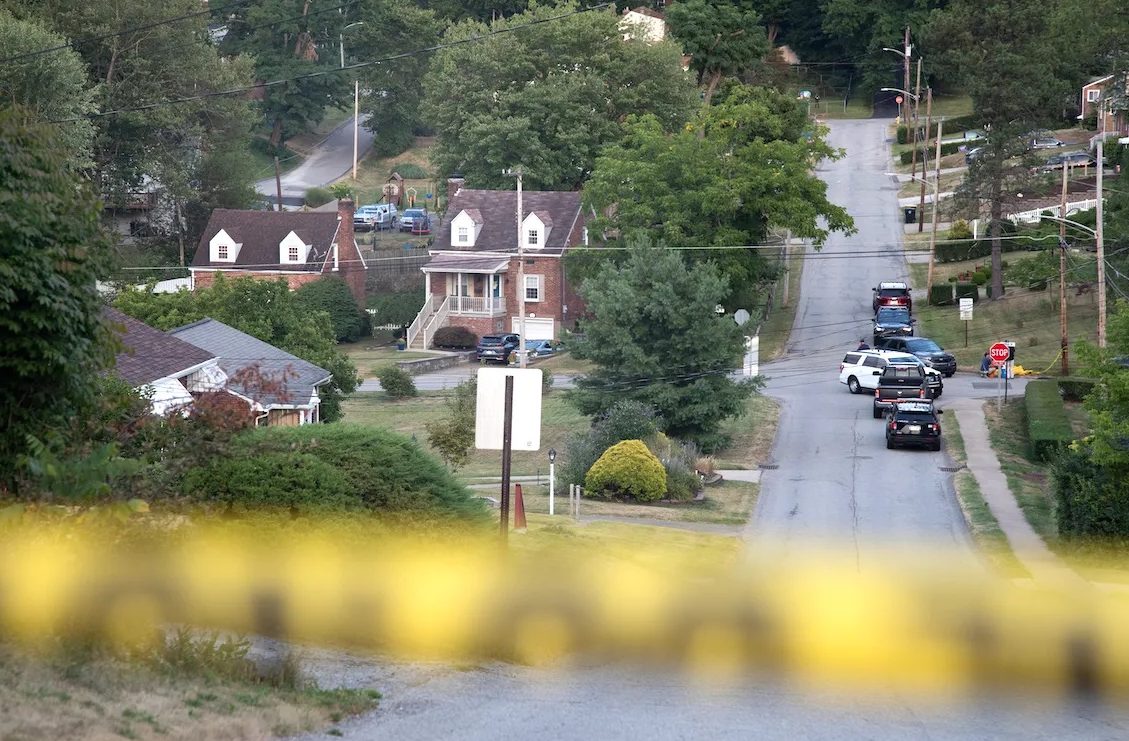To my embarrassment, ever since my novel We Need to Talk About Kevin was published in 2003, I’ve been a go-to girl regarding American mass murders. I’m embarrassed because my credentials are so poor — I’m only an expert on a school killer I made up — and because I’ve so little to say. That’s one of the standard reactions to these things, whose scale seems only to escalate: being struck dumb. That’s why Sky News and the BBC ring me up. They’re desperate, you see. They have nothing to say either.
In the days I accepted many of these gigs, I made what I hoped was one serviceable point. As most of the shooters want attention, surely our mistake is to give it to them. The press going large about these atrocities, combing through the culprits’ every available biographical titbit for weeks, only inspires other would-be killers, who often yearn to be famous so badly that even posthumous celebrity will do. I’ve despaired how much easier it is to make a name for yourself with villainy than with accomplishment, for in terms of raising one’s profile, mass murder is fiendishly efficient.
So I’ve suggested we stop delivering what the malefactors seem to crave. Play down their spiteful temper tantrums. Don’t do long features on their backgrounds, their dysfunctional families, their grievances. Because deploring giving these miscreants attention was still giving them attention, a few years ago I officially demurred from comments on mass killings — like this one.
The rest of the media can’t take my advice any more than I can take my own. It’s impossible to ‘play down’ the murder of 58 country music fans on Las Vegas strip, along with the injury of more than 500. When a sniper with many guns on the 32nd floor of the Mandalay Bay strafes a music festival with automatic gunfire, placing the story below the fold on page ten would be journalistically ludicrous and morally warped. Feigning blitheness, the better to deny the killer what we presume he wanted, would disrespect the victims and ill serve the news consumer.
Alas, there’s no denying the fierce rubbernecking curiosity these killers arouse, and it’s unfeasible to keep journalists from attempting to satisfy it. I’m just as prone to wondering who was this Stephen Paddock guy, and what in God’s name drove him to do this, as anyone else. I read all those articles about his $100-a-hand poker habit, his lucrative property investments, his gifts of boxes of cookies to his 90-year-old mother in Florida. Like you, I thought: ‘A retired accountant? More mild-mannered-sounding than Clark Kent! A parody of the harmless.’
If my own stock moral of this story turns out to be worse than useless, I’m equally sick of the predictable bromides from you Brits. OK, yes, I support stricter American gun control. Obviously the US should restore the ban on assault weapons. Nevertheless, I get impatient with the ritual huffiness in the UK about what is wrong with those Americans and look at what we did right away after Dunblane — if nothing else, because this superior tut–tutting doesn’t do any good. No one in the US especially cares what you think about American gun laws, or about anything else, come to think of it. So let’s take that routine hair tear as a given, and move on.
In Kevin, I deliberately removed guns from the equation — my killer uses a crossbow — because it wasn’t America’s inadequate gun laws that grabbed me. I didn’t want to write a reductive parable whose easily decoded message ran ‘gun control good, gun ownership bad’. The real news stories that inspired the novel don’t excite our incredulity, our perverse absorption, our anxiety and our horror because we’re all so caught up in the controversy over the American constitution’s second amendment.
No. What fascinates and repels us is character. Who could possibly bring himself to do this and why.
Consequently, it was widely reported that Stephen Paddock’s father was a bank robber on the FBI’s top-ten most-wanted list, ‘diagnosed as a psychopath’ with ‘suicidal tendencies’. Great! We’ve our answer! It’s genetic! The dad was crazy! Like father like son! Except these quotes are solely sourced in an FBI wanted poster from 1969, and they’re probably bullshit. Furthermore, the shooter barely knew his father at all. Our tidy solution looks suspect.
Or we can suppose glibly that Paddock must have experienced a ‘psychotic break’. OK, but then what have we got? Psychiatric terms are merely descriptive. That label would tell us only that Paddock went nuts, and we knew that already. Even ‘going nuts’: what’s that? Buying a shitload of guns and killing scores of total strangers for no apparent reason. The definition is circular.
Did Paddock actually yearn to be famous, per usual, or was he a motivational outlier? Search me.
We want an explanation, and then again we don’t want one. We realise that to simplify these characters to a pathology and their incentives to one reason is to lie. To reduce Sunday night at the Mandalay Bay to the importance of more restrictive American gun laws is somehow to miss the point. The point being that these tragedies are utterly pointless, and that’s what makes them so hard to take. They don’t deliver helpful, learnable lessons, not even about gun control. The poor bastard they dragged on Channel 4 News to splutteringly defend US gun ownership was right: Paddock could as well have used a bomb (which it seems he might have been planning to deploy too).
It’s the intention that is consternating, far more than the implements of its execution. Paddock had a pleasant little house, even if he kept the shades drawn. A long-term girlfriend who appears friendly and attractive. He was both all of 64 and only 64 — well past testosterone OD and more likely to be taking supplements; still young enough to keep bopping down to Vegas for gambling weekends for another 20 years. Why was he so angry? At the centre of these incidents is a mystery. The mystery of malice, which atrocities like Mandalay Bay exhibit with astonishing purity.
Describing himself as ‘dumbstruck’, Stephen Paddock’s flustered brother Eric declined to furnish a host of clichéd ‘warning signs’. ‘There’s no way I could conceive that my brother would shoot a bunch of people he didn’t even know!’ he exclaimed, hands flailing. ‘He didn’t even have parking tickets! He has no criminal record! He has no affiliations! … He was a wealthy guy. …He could do anything he wanted.’
And look what he wanted to do.
In the very last chapter of Kevin, my school killer, now in prison, finally stops concocting facile explanations for his crime. Having never before braved the question, his mother Eva (our narrator) asks him point-blank why he murdered 11 people. Kevin has trouble looking her in the eye.
‘“I used to think I knew,” he said glumly. “Now I’m not so sure.”
‘Without thinking, I extended my hand across the table and clasped his. He didn’t pull away. “Thank you,” I said.’
Eva tells us, ‘I was astonished to discover his answer was word-perfect. For Kevin, progress was deconstruction. He would only begin to plumb his own depths by first finding himself unfathomable.’
There may be a profundity to finding these killings unfathomable. We preserve a kind of understanding in staunchly maintaining our inability to understand. Restoration of the US assault weapons ban is a good idea; it’s not an explanation. For Las Vegas — and Sandy Hook, Orlando, you name it — we’re unlikely to get that explanation, or not a satisfactory one. Perhaps it’s best to dwell within our own incomprehension — to remain, like Eric Paddock, dumbstruck, rather to concoct the cheap sort of elucidations that Kevin tossed off before arriving at his redemption: at last finding himself and the nature of his own malice both unknowable and bewildering.
So if your first reaction to the shooting in Las Vegas was to drop your jaw and say absolutely nothing, you were in the right mental place. You may even have been in the same mental place as Paddock, whose mind I do not know, but I would bank on this much: that retired accountant had no more real idea why he was doing what he did than we do.

























